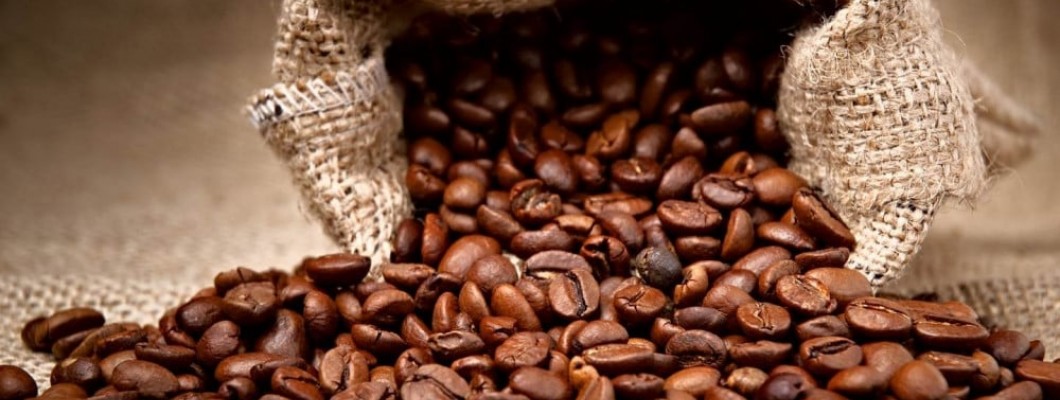
Specialty coffee...a comprehensive guide
One of the best ways to relax, rejuvenate, and start the day with energy and vitality is by drinking coffee. Considering Arab countries, coffee is considered one of the most consumed products in the Arab world. If you're a coffee lover, you won't settle for anything less than the best in terms of quality, taste, and aroma. And this leads you to specialty coffee. So, what is specialty coffee?
Global Trend in Specialty Coffee Cultivation
Currently, coffee-exporting countries prioritize enhancing the quality of their products, starting from their farms, to achieve better results and obtain higher ratings in the coffee quality index. Kenya, Ethiopia, and Colombia are leading countries in cultivating and exporting specialty coffee, while India also seeks to improve results and make progress in this direction. The city of Chikmagalur is renowned for producing one of the finest varieties of Arabica beans worldwide.
History of Specialty Coffee
The term "specialty coffee" was first used in 1974 in the Tea & Coffee Trade Journal to refer to high-quality coffee beans grown in specific and suitable climates. These beans are grown at ideal altitudes during specific times of the year, in carefully prepared soil for coffee cultivation.
What is Specialty Coffee?
Specialty coffee is coffee that has scored more than 80 points out of 100 on the Specialty Coffee Association (SCA) scale, indicating high quality. It differs from regular coffee as it is grown at higher altitudes and undergoes meticulous tracking and processing after harvesting. Every stage, from cultivation to preparation, is closely monitored and studied for continuous improvement.
Due to the precise attention and care required by these coffee beans, their prices surpass those of regular coffee. They are usually purchased through specialty coffee roasters, cafes, and companies known for exceptional quality. Therefore, they are not typically found in regular grocery stores or distributed by large-scale production companies.
.jpg)
Difference Between Regular and Specialty Coffee
The difference between specialty and regular coffee lies in their classification and production process. Specialty coffee undergoes a meticulous evaluation, starting from inspecting green beans and ending with a "cupping" session.
During visual inspection, a 350-gram sample of green coffee beans is examined for defects, which are classified as primary (such as black beans or severe acidity) or secondary (such as chipped or unripe beans). To qualify as specialty coffee, beans must not exhibit any primary defects and have fewer than five secondary defects.
The subsequent stage involves tasting, where the coffee is roasted and brewed with hot water. This step involves grading specific attributes such as acidity, body, flavor, and aroma using specific tables that determine a rating for each category.
Read also: A comprehensive guide to latte coffee
Grading of Specialty Coffee
Specialty coffee is graded based on evaluations by certified coffee tasters. Quality levels are determined using a specific table, where ratings from 90 to 100 are considered outstanding, ratings from 85 to 89.9 are excellent, ratings from 80 to 84.9 are very good, and any score below 80 does not receive a rating, thus not considered specialty coffee.
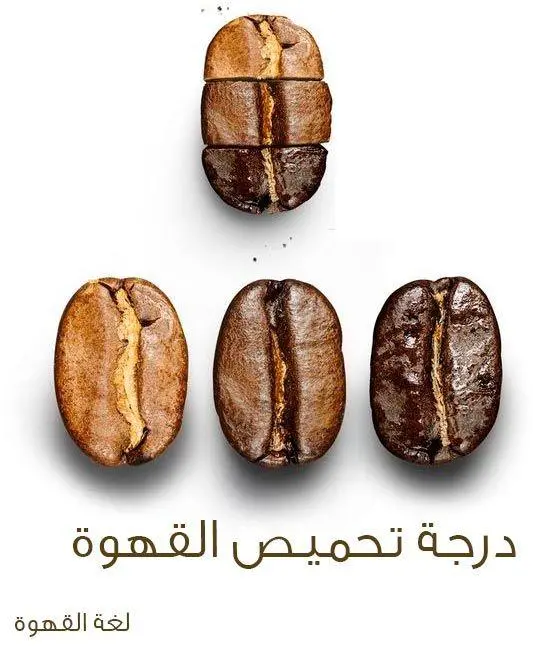
Factors Influencing Specialty Coffee Taste
The flavor and quality of specialty coffee are influenced by several factors, including:
- Origin: The source of coffee beans plays a crucial role in shaping the flavor of specialty coffee. Different geographical regions have distinct soil, climate, and terrain, all of which affect the composition and final taste of the coffee.
- Processing Methods: The techniques used in processing coffee beans are among the most critical factors affecting coffee flavor. These methods, such as dry, washed, and natural processing, lead to the development of unique flavors and characteristics in specialty coffee.
- Roasting Degree: The degree of roasting significantly impacts the flavor of specialty coffee. Roast levels range from light to medium to dark, each producing different flavors and characteristics in the coffee.
Processing Methods of Specialty Coffee
Coffee seedlings are carefully cultivated at altitudes ranging from 400 meters to 3500 meters above sea level, in shaded nurseries to protect them from harsh sunlight. They are then systematically exposed to sunlight, achieving a delicate balance to ensure they receive enough sunlight without excessive exposure.
Proper irrigation is crucial during the initial stages of cultivation due to the Arabica tree's sensitivity to harsh conditions.
Each of these methods takes between two to four weeks to complete and adds a distinctive flavor to the coffee. The specialty coffee processing involves several steps to prepare coffee beans for roasting and consumption. Here are some common processing methods:
- Dry Processing: In this method, coffee beans are dried on beds under the sun for several weeks until they reach the desired moisture content. This process adds complex flavors and natural sweetness to the coffee.
- Washed Processing: This method involves removing the outer layer of the coffee bean after harvesting before drying. The beans are washed, peeled, and then dried, resulting in a coffee with a pure flavor and balanced acidity.
- Semi-Dry Processing: Similar to dry processing, but this method retains the outer layer of the coffee beans, adding a rich and intense flavor to specialty coffee.
How to Make Specialty Coffee
To make delicious and distinctive specialty coffee, follow these basic steps:
- Grind coffee beans to the appropriate fineness for your chosen brewing method, ensuring uniform grinding.
- Heat water to the appropriate temperature, usually between 90-96 degrees Celsius.
- Use pure, impurity-free water, either through a water filter or a specialized purification system.
- Measure the ideal amount of coffee and water using a scale, adjusting the ratio based on the brewing method and personal preferences.
- Pour hot water over the ground coffee slowly and evenly, ensuring even saturation of the coffee with a circular motion.
- After brewing, separate the coffee beverage from the ground beans using an appropriate brewing vessel or filter.
- Enjoy your delicious cup of specialty coffee customized to your taste.
In conclusion, specialty coffee remains a unique moment that allows us to escape the hustle and bustle of daily life and enjoy a sensory-stimulating experience. It's more than just a beverage; it opens the doors to a fascinating world of flavors and aromas. In the blend of craftsmanship and excellence, the world of specialty coffee remains a place of curiosity, bringing coffee enthusiasts together in an unforgettable experience.
References | Wikipedia, lingua coffee

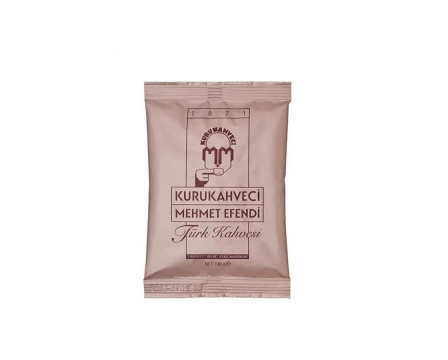
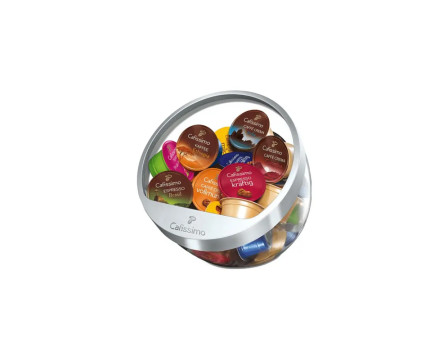
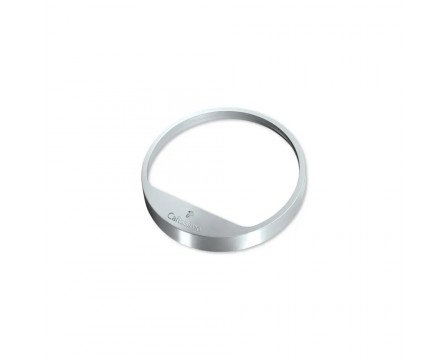
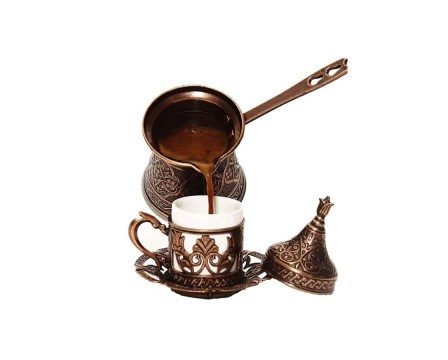
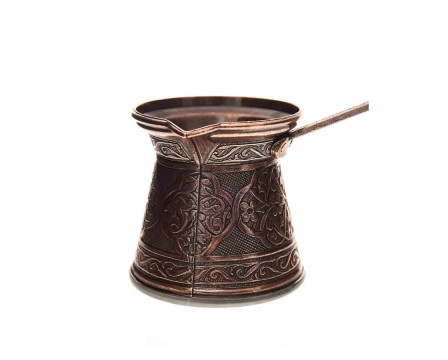
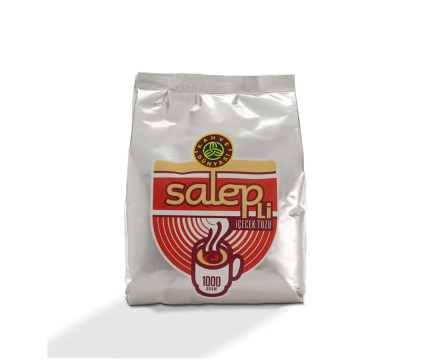


Leave a Comment